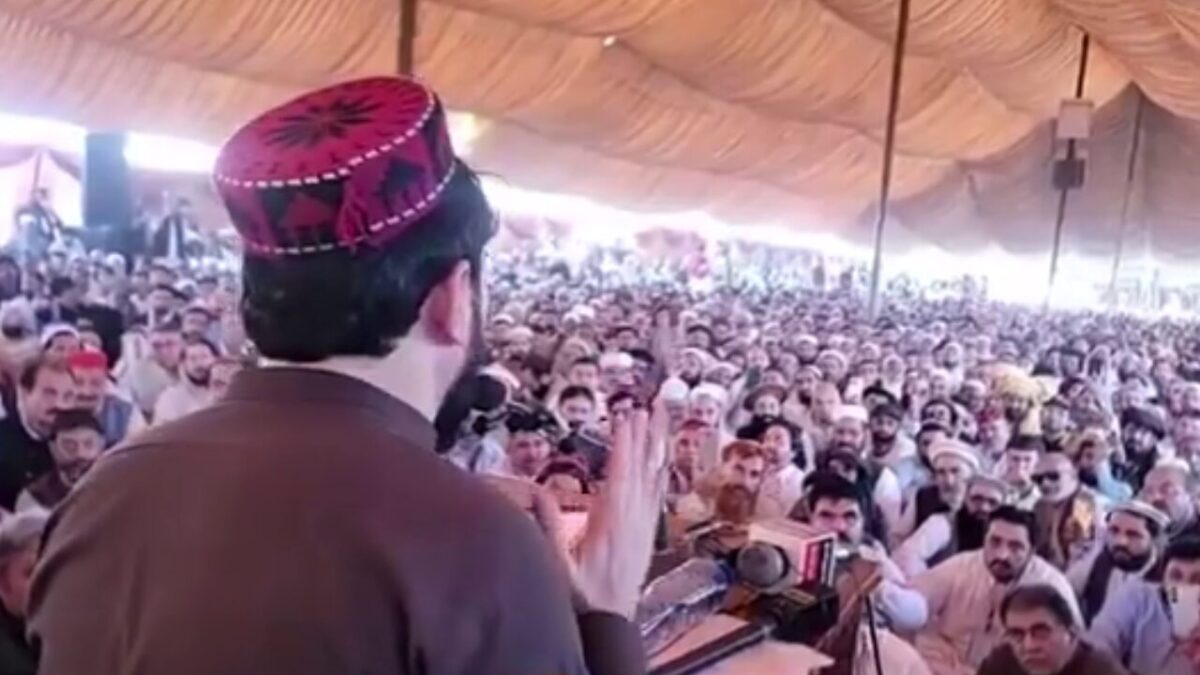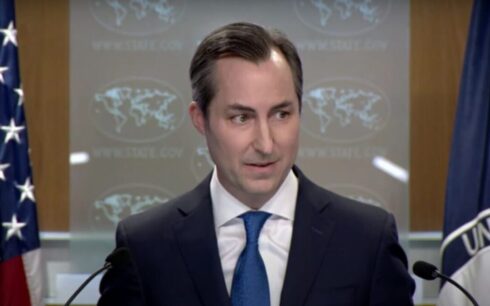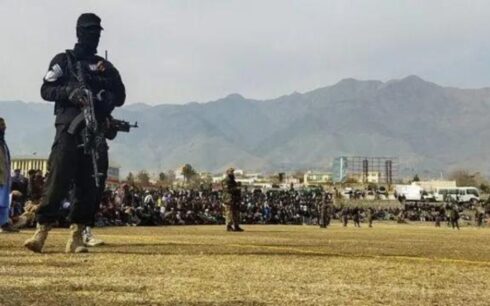Manzoor Pashteen, leader of the Pashtun Tahafuz Movement (PTM), called on participants of the “Pashtun Justice Jirga” to urge the Taliban to reopen schools for girls in Afghanistan. Addressing the assembly, which serves as a grand council of Pashtun leaders, Pashteen highlighted the ongoing restrictions on girls’ education imposed by the Taliban.
“This Jirga represents nearly 50 million Pashtuns,” Pashteen said. “Every leader, every party should unite to appeal to the current rulers in Afghanistan to facilitate girls’ education. The challenges in Afghanistan affect all Pashtuns, so a joint Jirga should convene with representatives from both former Afghan governments and the Taliban to find a common solution.”
Pashteen also criticized the Durand Line, the contentious border between Pakistan and Afghanistan established by the British in 1893, stating it has “no significance” for the Pashtun people. “If the Pakistani government blocks trade at our gates, it is unacceptable to any Afghan. We do not recognize any such authority, nor do we accept the Durand Line,” he declared.
In a bold proposal, Pashteen suggested the formation of a 240,000-strong unarmed force to advocate for Pashtun rights. He also called on the Pakistani military and the Tehrik-i-Taliban Pakistan (TTP) to withdraw from Pashtun regions within two months. “Pashtuns face insecurity. But does the army, intelligence agencies, or even the Taliban provide security? They do not. A general force must be established to address these issues,” he stated, urging the Jirga to issue a 60-day ultimatum.
Pashteen cited a grim toll on the Pashtun people, noting that more than 76,000 Pashtuns have been killed in Pakistan over the past two decades due to violence and insecurity.
The gathering, which includes representatives from all major Pashtun political parties, comes amid initial opposition from the Pakistani government. Authorities had ordered a ban on PTM activities ahead of the Jirga, but after protests and negotiations facilitated by the Chief Minister of Khyber Pakhtunkhwa, the government agreed to lift the ban.
The three-day Jirga aims to present a unified Pashtun stance on issues affecting their communities across both Pakistan and Afghanistan.





